Your cart is currently empty!
How to Talk to Your Kids About War & Conflict
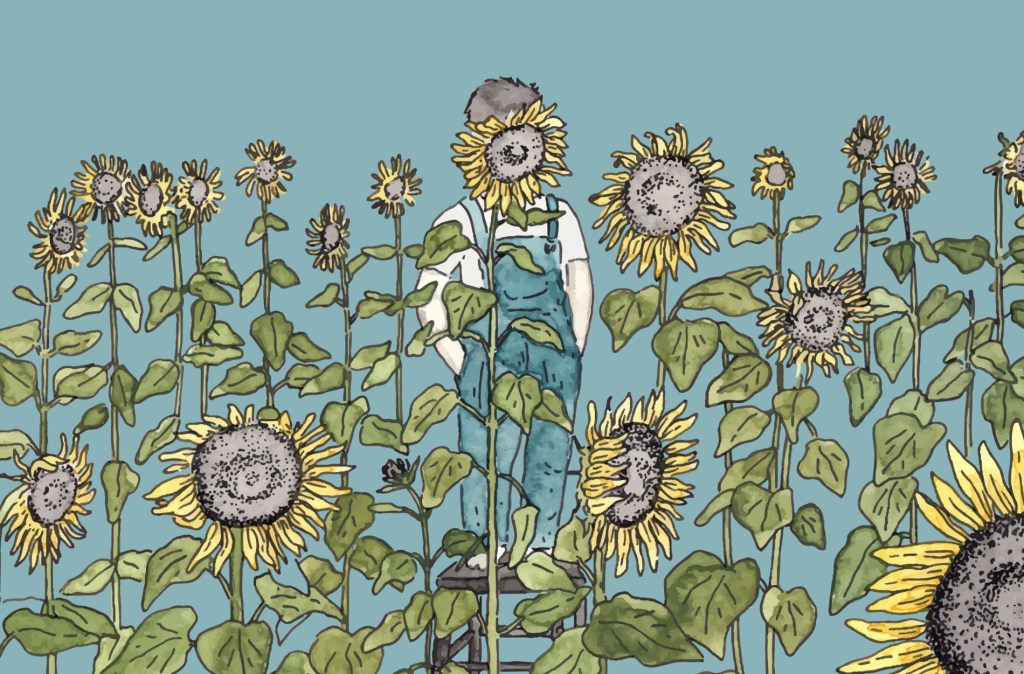
[Kendra Bell Holmes M.Ed, BCBA](https://www.instagram.com/themamalion/) is a Board Certified Behavior Analyst who works with children and their families with developmental disabilities. Kendra is on the board of advisors for [Tiny Earth Toys](https://tinyearthtoys.com/?gclid=Cj0KCQjwl7qSBhD-ARIsACvV1X3TIm4MqxEdsvrD6V_gF50XVOzBy9K5bB89z8zNy08kTXDBajsyyFgaAk8cEALw_wcB), an educational toy subscription curated by learning experts. She is also a mother of two. Read along to see her tips on how…
Here’s What You Need To Know:
- Start by asking your child what they already know and how they feel.
- Answer any questions they may have and really listen to what they share.
- Choose a time and place where your child feels safe expressing their feelings.
- Young children have a hard time distinguishing their reality vs. the reality of others.
- Instead of using labels like “bad guys” or “evil”, focus on the victims and helpers.
- Consider switching off the news around younger children.
- We have written a free book about finding hope during challenging times. Download it here.
- Always end the conversation in a state of calm and mindfulness.
How to Support & Comfort Your Little Ones
When conflict or war occurs, it can lead to feelings of vulnerability, fear, sadness, and anxiety for everyone. Since your children look to you for guidance, it may be difficult to know what to do during times like this. Below are some tips from Board Certified Behavior Analyst, Kendra Bell Holmes, on how to open up the discussion and provide support during difficult times.
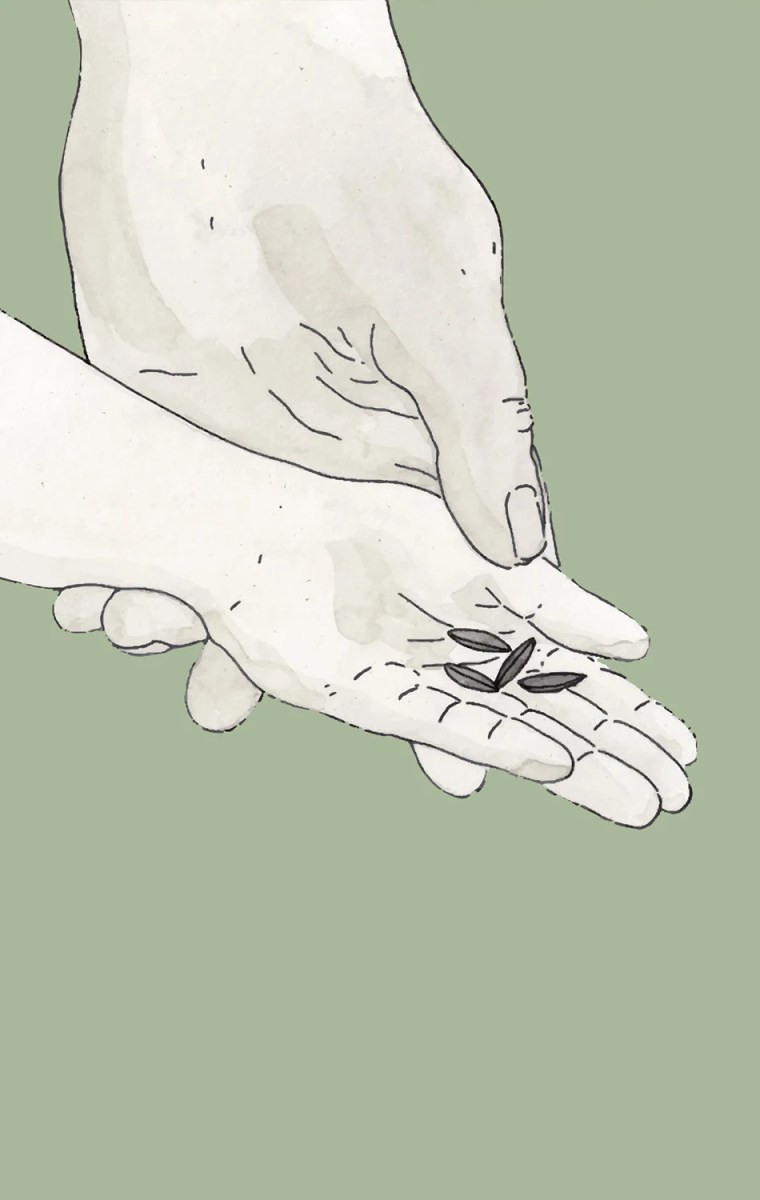
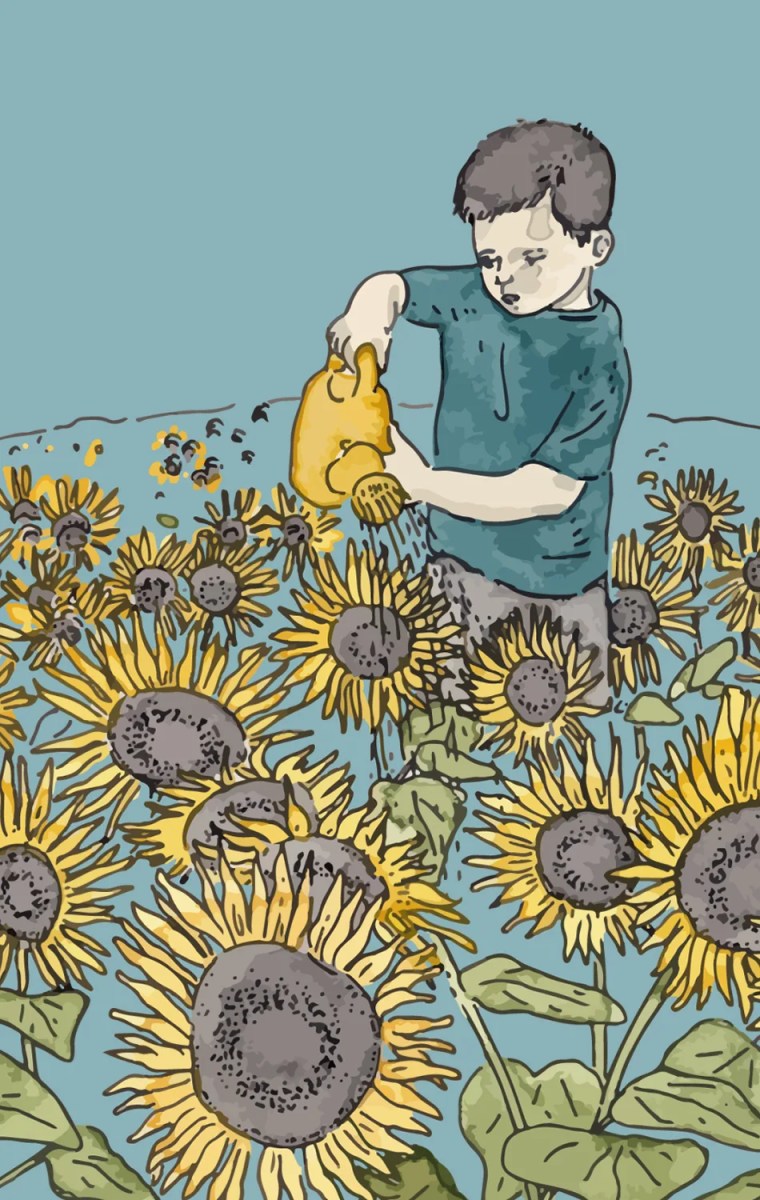
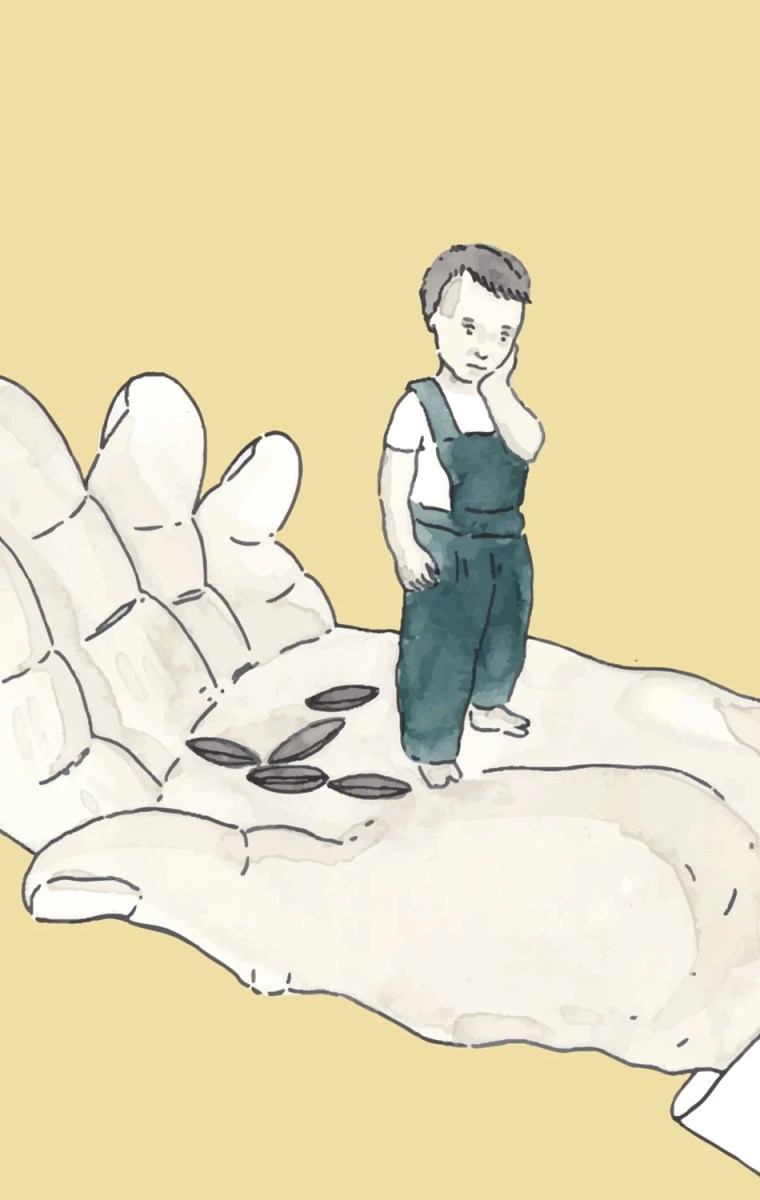
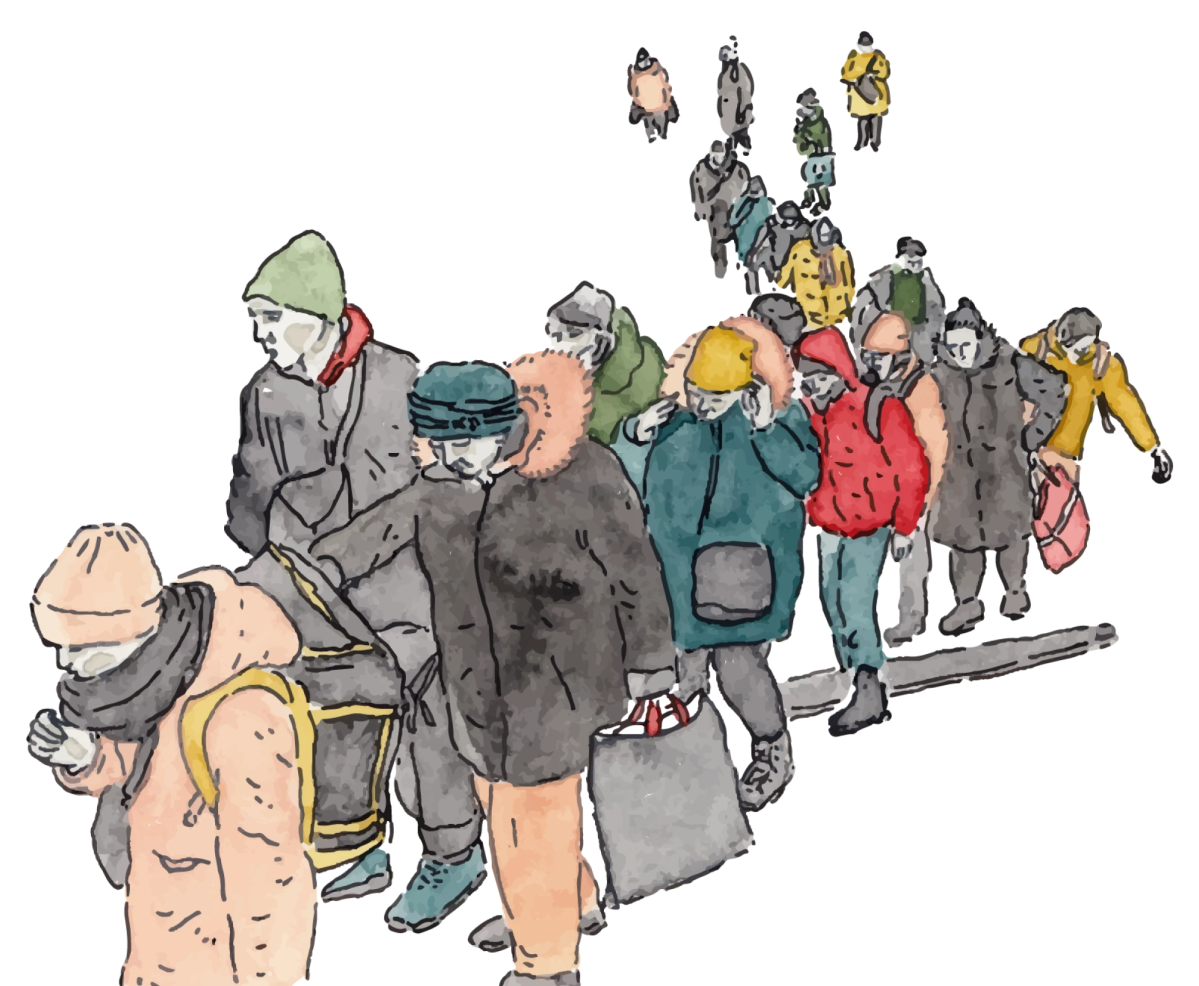
Bring It Up in a Safe Space:
“First, start by asking your child what they already know and how they feel about the words ‘war’ and ‘conflict.’ Answer any questions they may have and really listen to what they share. Let them know that it is normal and perfectly okay to feel unsure, confused, or even a little scared about it.”
Choose a time and place where your child feels safe expressing their feelings. Try to avoid talking about this before bedtime. We suggest at the dinner table while eating, coloring, or doing an enjoyable activity.
Don’t Minimize Their Concerns:
Young children have a hard time distinguishing their reality vs. the reality of others. Even though a conflict may not personally affect them, they may feel like they are in immediate danger.
If they ask an intense question,like “are we all going to die?”, let them know that this will not happen, but also try to figure out why they believe that. Kids find things out in many different ways, and this is a good chance to correct any inaccurate information they have heard. Figuring out the source, whether it be their friends, teachers, or television, will help you get control of any spiraling thoughts.
Lead With Compassion:
Conflict too often leads to prejudice. Instead of using labels like “bad guys” or “evil”, focus on the victims and helpers. Remind your child that kindness and courage remain by finding positive stories (i.e. Polish families leaving strollers, car seats, coats, and toys for Ukrainian refugees at train stations).
“Draw from personal experiences (i.e that one time they and their sibling fought over the new toy) to help them gain a deeper understanding of conflict and what is happening in other parts of the world. Then, introduce the idea of perspective. Like with the personal example, there are always two sides to a story and both are valid. Explain that the two sides may not agree, one side might do things that are hurtful or unkind; but that doesn’t always mean one side is ‘bad’ and one side is ‘good’ (if you feel comfortable and confident with this topic, consider exploring the role of power in conflict as well).”
Stay Calm:
It is a delicate balance keeping your children informed about what is going on in the world while also keeping them stress-free. You know your child more than anyone – keep your conversation age-appropriate and monitor their anxiety levels.
It is important to remember that children take their emotional cues from the adults around them, so be mindful of your tone, body language, and facial expressions. “Always end the conversation in a state of calm and mindfulness. Remind the child that you are always available to listen and answer any questions they may have in the future. Continue to check-in with your child in the upcoming days and provide reassurance and support as needed.”
Limit the Flood of News:
Consider switching off the news around younger children. It can tend to be too graphic and alarming. Also, remember that your little one is a sponge (and can be just around a corner without you realizing). Be careful about the conversations that you have with other adults while they are home. Try to create positive distractions, such as playing a game, going for a walk, or doing an art project together.
From Seeds Come Sunflowers:
We have written a free book about finding hope during challenging times. We hope you and your family can use it as a resource during your discussion. Download it here.
You can also see if your child would like to take positive action. Often, kids need to feel like they did something to help. We encourage you to support our friends at World Central Kitchen, who are providing millions of meals to families across Ukraine, Poland, Romania, Moldova, and Hungary.
Another way your little one can get involved is by coloring a sunflower, writing a message of support, and sticking it on a sunny window. By ‘planting’ their own sunflower, they can show their support and love.
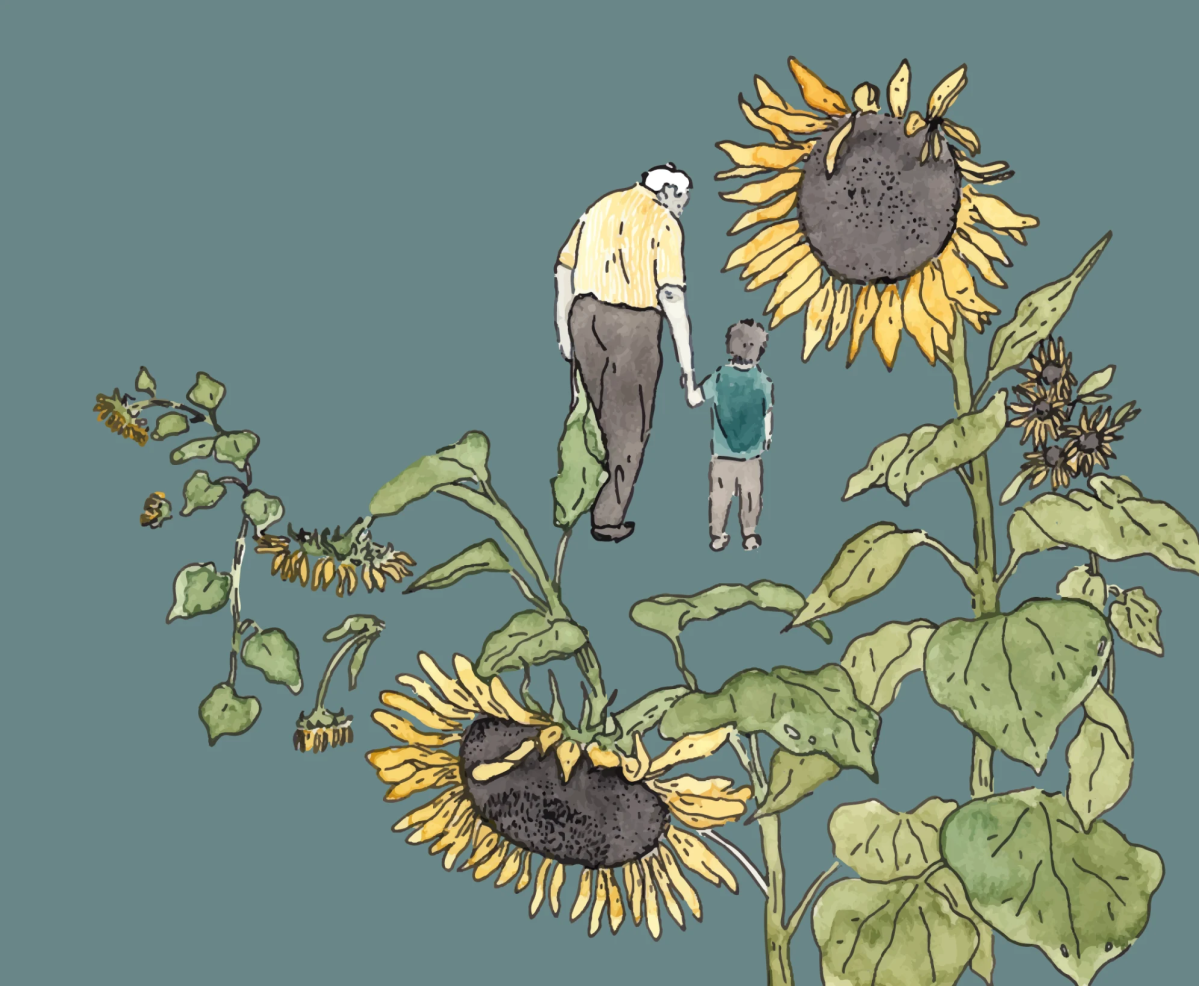
Summary
Continue to check in with your little one as the conflict continues. Ask them how they are feeling and if they have any questions. Be ready to talk if your child brings the subject up again. Remind them you are there for them and they can come to you whenever they feel worried or need support.
Make sure to also prioritize your self care and mental wellbeing. If you are coping well, you will be able to better care for your child’s mental needs. Take time for yourself and be mindful about how much news you are watching. Set time aside each day to absorb what is going on, rather than constantly checking.










